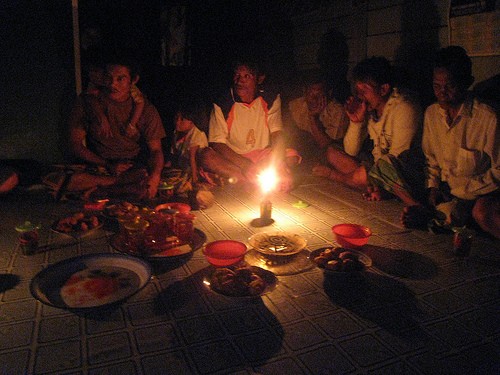It’s no secret that kerosene wick lamps are a terrible technology in all sorts of ways – I give them zero stars out of five.
Kerosene lamps produce dirty, black smoke, contributing to indoor air pollution and respiratory illnesses. They cause severe burn injuries, and house fires. They produce a paltry amount of light, making it difficult to do many activities at night. On top of all of this, the high cost of kerosene drains household budgets.
Now a new study published in the journal Environmental Science and Technology has added further fuel to the anti-kerosene lamp fire.
The study, by a team of scientists from the University of California, Berkeley and the University of Illinois, suggests that kerosene lamps contribute significantly to climate change.
Their laboratory and field measurements found that kerosene wick lamps produce 20 times more black carbon than previously thought. Black carbon is a hazard to health and the environment. Indoors, it contributes to air pollution. Outdoors, it absorbs heat and sunlight, warming the air.
One kilogram of black carbon can cause as much warming in two weeks as 700 kilograms of carbon dioxide circulating in the atmosphere for 100 years, according to study leader Tami Bond, a professor of civil and environmental engineering at the University of Illinois.
Globally 3% of black carbon emissions come from kerosene wick lamps.
“There are no magic bullets that will solve all of our greenhouse gas problems, but replacing kerosene lamps is low-hanging fruit,” said Kirk R. Smith, Director of the Global Health and Environment Program at the University of California, Berkeley, in a Nov. 28, 2012 press release. “We don’t have many examples of that in the climate world.”
The research team hopes that this new data will encourage development agencies to implement lamp-replacement initiatives to develop and distribute affordable alternatives – such as solar lanterns.
So the next time you support a Kopernik solar light project like Reduce Poverty Among Papua’s Indigenous Communities, take pride in knowing you’re not only helping to improve the lives of people living in some of the poorest communities in Indonesia, you’re also helping to combat global climate change. I give this outcome five stars.



